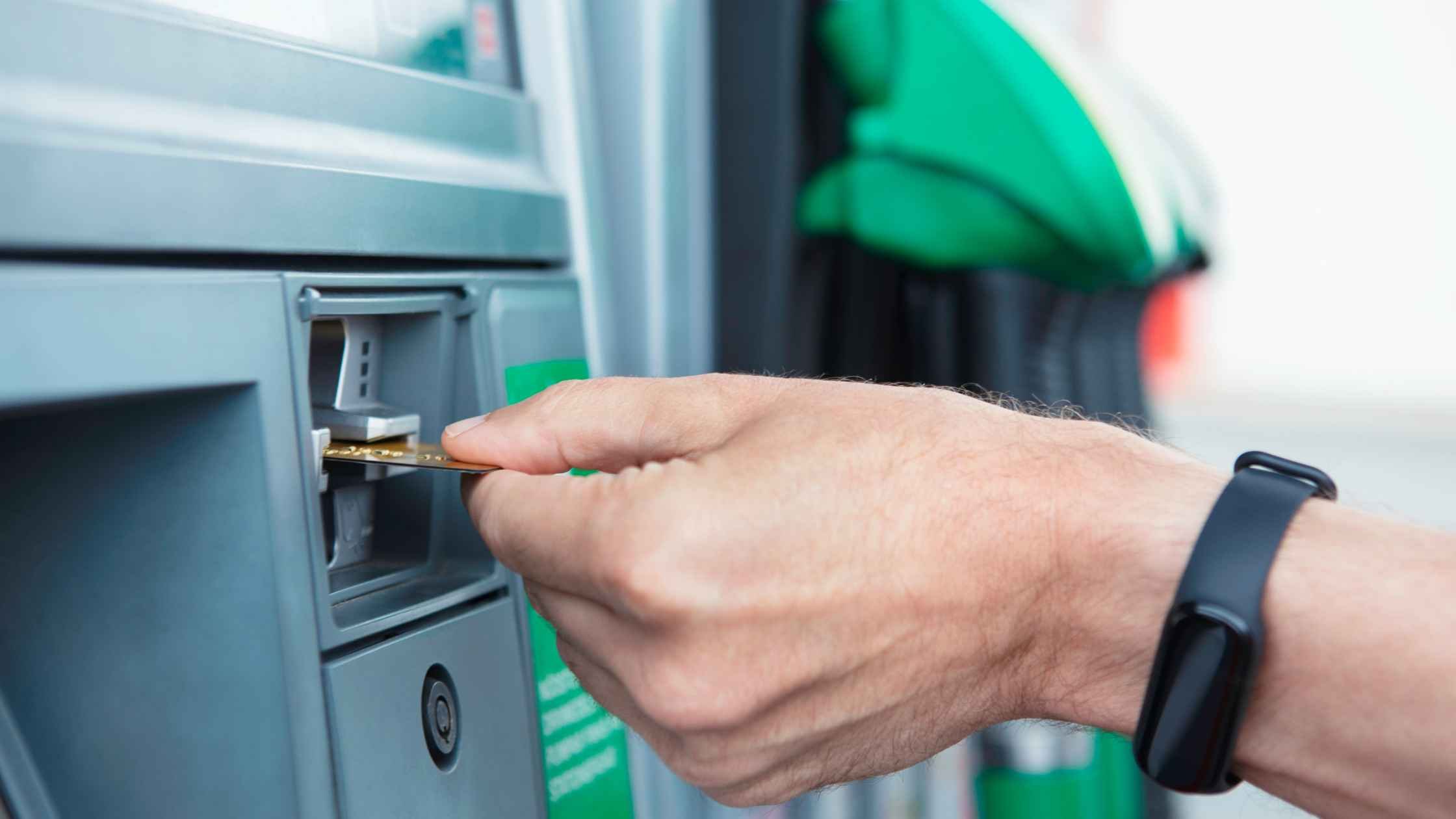
When it comes to managing expenses for your business fleet, having the right card can make a huge difference. Business gas cards not only provide convenience and flexibility but also offer potential savings and better control over fuel expenses. However, with so many options available in the market, it can be challenging to evaluate and choose the best one for your company. In this blog post, we will discuss essential tips to help you make an informed decision and select the most suitable card that aligns with your business needs.
What are business gas cards?
Before we dive into the tips for evaluating cards, you'll need to know what business gas cards are. Business gas cards, otherwise known as fuel cards, are typically issued by card providers and are linked to a specific network of fuel stations. These networks can range from regional to nationwide coverage, allowing businesses to choose cards that align with their routes and operational requirements. Drivers can use the card at the designated fuel station and use it to pay for fuel purchases. The transaction is usually processed electronically, eliminating the need for cash or individual credit cards. These cards provide businesses with detailed reporting and expense management tools, allowing them to track and analyze fuel expenditures, monitor vehicle efficiency, and streamline accounting processes.
Some cards offer discounts on fuel prices, rewards programs, access to maintenance services, roadside assistance, and integration with fleet management software. The best fuel cards provide businesses with a centralized and efficient method of managing their fleet's fuel expenses while offering cost savings, robust control, and detailing reporting to streamline administrative processes.
How to Choose the Best Business Gas Cards
1. Identify your business requirements.
Before getting into the specifics, it's important to understand your business requirements. Consider factors such as the size of your fleet, average monthly fuel consumption, preferred fuel stations, and coverage needed. Understanding these details will help you assess the features and benefits that are most important for your business. For instance, if your fleet travels across the country, a card with nationwide acceptance would be a top priority.
2. Evaluate fuel network coverage.
The extent of the fuel network coverage offered by a gas card provider is a critical factor to consider. Ensure that the card is widely accepted at gas stations along your fleet's regular routes. Assess the network's geographic reach to determine if it aligns with your business's operations. Additionally, some providers offer partnerships with specific fuel stations, which may provide discounted rates or rewards. Review these partnerships and evaluate if they align with your fleet's preferred fuel stations.
3. Understand usage restrictions.
Carefully review the terms and conditions associated with the gas card for business to understand any usage restrictions. Some cards may limit fuel types or impose caps on the amount of fuel that can be purchased in a given period. Consider your fleet's specific fuel requirements and ensure the card provides the necessary flexibility to meet those needs. Additionally, check if the card can be used for non-fuel purchases, such as vehicle maintenance or repairs, as this can provide added convenience.
4. Analyze pricing and fee structures.
Comparing the pricing and fee structures of different cards is essential for selecting the best program for your fleet. Evaluate the card's interest rates, transaction fees, annual fees, and any other charges that might apply. Some providers offer volume-based discounts or reduced fees for larger fleets, so consider those incentives as well. It is also important to determine how the card provider handles billing and whether they offer detailed reporting to help you monitor and analyze fuel expenses effectively. Each vendor should have a fuel card prices page that details all their fees.
5. Consider additional features and benefits.
Look beyond the basic fuel purchasing capabilities and explore the additional features and benefits offered by business gas cards. Some cards provide detailed reporting and expense management tools that can streamline your accounting processes. Others may offer rewards programs or discounts. Assess these value-added features and determine which ones align with your business objectives and can contribute to overall cost savings or operational efficiency.
Conclusion
Choosing the best business gas card requires careful evaluation of network coverage, pricing, fees, features, and of course, your business needs. By considering these factors, you can make an informed decision that not only provides convenience and flexibility but also maximizes cost savings and enhances control over fuel expenses. Take the time to research and compare different gas card options, and don't hesitate to reach out to providers to clarify information. With the right gas card in hand, you can efficiently manage your fleet's fuel expenses and focus on driving your business forward.




